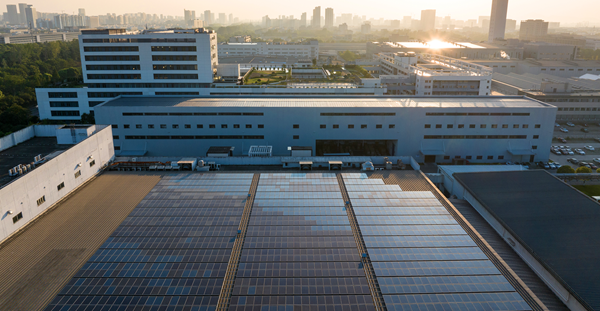Two weeks after record breaking heat waves of 30 and 40 degrees C above normal hit the north and south poles respectively, the IPCC (The Intergovernmental Panel on Climate Change) published the third installment in its Sixth Assessment Report, entitled “Climate Change 2022: Mitigation of Climate Change.”
While previous reports in the series focused on the fact that climate change is already causing significant alterations in our biosphere and the ways we are vulnerable to those changes, this report is focused on the tools we have available to mitigate the potential impact. The core message of the report is that fossil fuels must be phased out with urgency if we hope to hold global warming to within 1.5 degree C. To avoid the worst impacts of climate change, scientists advise that global emissions must peak before 2025.
Transitioning away from fossil fuels
These findings are echoed in our own recent Supercharging Net Zero report, which also emphasized the growing need to transition away from fossil fuels. The energy sector will be key to this shift, and needs to lead the way by rapidly decarbonizing, as well as increasing its capacity. Our analysis suggested that approximately €6 trillion of investments – 7% of global GDP today - are needed to realize this, for example in renewable energy technology and grid expansion. The world needs to invest more – and faster – than it is currently. Renewable energy technologies, such as solar, onshore and offshore wind, and hydro power, as well as negative emissions technologies like carbon capture and storage, can all make a huge difference both to society, and the economy.
We have reason for hope. Although emissions continued to rise over the last decade, the rate of growth is finally slowing. New low carbon technologies are becoming more affordable and accessible, there has been a consistent expansion of policies and laws addressing mitigation, and non-state actors are increasingly invested in slowing climate change. Technologies already exist that will help us take the steps necessary to decarbonize the global economy.
For example, at Arcadis we are helping to make flying more sustainable by partnering with KLM and its Corporate Biofuel program; we are working on the first carbon neutral bus station in the UK, which includes LED lighting, mechanical ventilation with heat recovery, air source heat pumps and solar panels; and in Australia, we are designing the Daintree Microgrid, which allows for up to 100% renewable energy to supply residents, tourism operators and local businesses, removing the need for burning 4 million liters of diesel fuel.
Every sector has a role to play
The IPCC report describes in detail the actions that can be taken across a range of sectors including energy, urban transport, buildings, industry, agriculture, and forestry to halve emissions by the end of this decade. The energy sector will see the most change, but no sector will be unaffected by the shifts that need to take place.
Transportation and other industries will need to be completely reconfigured. We’re already seeing this in the mobility sector, with an increasing focus on electric vehicle technology and infrastructure. And in our homes and buildings, we are seeing the wider application of technologies such as electric heat pumps or the use of new, sustainable materials and upgraded insulation techniques to help lower energy emissions. Actions can range from creating new public transport infrastructure, including protected pedestrian and bike pathways, to support more localized active travel to reduce emissions, or it could be about protecting our environment and water resources, or exploring energy saving solutions for our buildings.
Crucially, at Arcadis we recognize that every project we work on is an opportunity to collaborate with our clients to build a more sustainable future. We have the technology and the know-how; all we need now is the political will to truly embed these new solutions and new ways of doing things. In our sector, we have the skills, knowledge and expertise to implement net zero solutions not only in our own business operations, but at every stage of the built asset lifecycle. Every project is an opportunity to create a more sustainable future.





